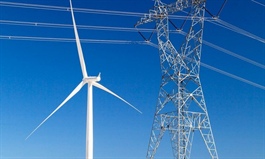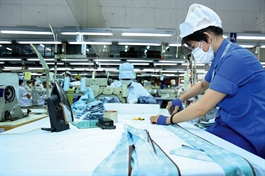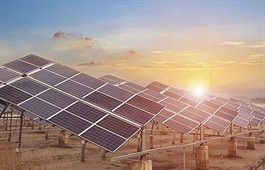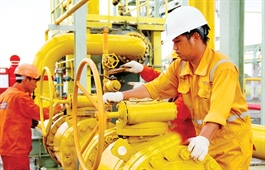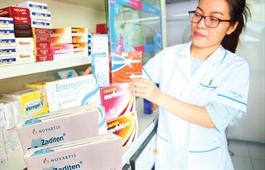Agriculture, forestry, and fishery must prepare for EVFTA bounties
Agriculture, forestry, and fishery must prepare for EVFTA bounties
The upcoming implementation of the EU-Vietnam Free Trade Agreement (EVFTA) will help Vietnam's agriculture, forestry, and fishery sector to step onto a larger playground and join the global supply chain.
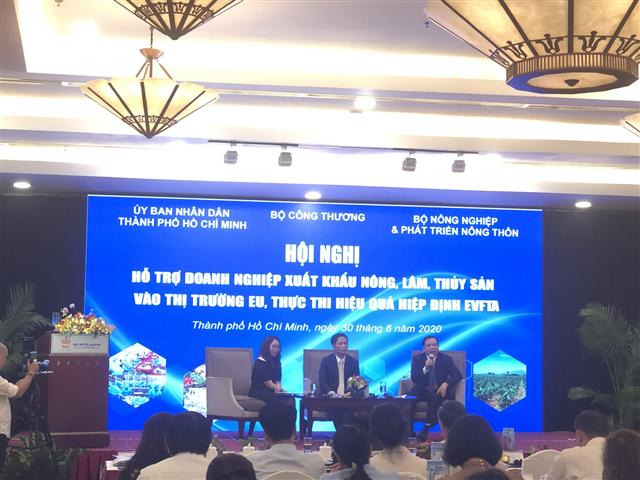
The EVFTA will offer major gains for Vietnam's agriculture, forestry and fishery sector
|
The information was stressed at the conference on facilitating agriculture, forestry, and fishery companies to enter the EU market and implementing the EVFTA efficiently held by the Ministry of Industry and Trade in collaboration with the Ministry of Agriculture and Rural Development and Ho Chi Minh City People’s Committee on June 30.
According to Minister of Industry and Trade Tran Tuan Anh, the EU is Vietnam’s second-largest export market but Vietnam only accounts for 2 per cent of its total imports. Once the EVFTA come into force, Vietnam’s agriculture, forestry, and fishery sector can access a potential market with 500 million people and a GDP of $15 trillion. The export turnover of agriculture, forestry, and fishery products to the EU has been around $5 billion per year between 2017 and 2019.
He added that the EVFTA is an ambitious pact eliminating almost 99 per cent of customs duties between the EU and Vietnam. The official entry of this FTA is expected to create a driving force for Vietnam to recover from COVID-19. With several advantages, Vietnam’s agriculture, forestry, and fishery sector is positioned as a major beneficiary of the EVFTA.
The agreement covers all rice varieties most commonly exported from Vietnam to the EU, including milled rice, husked rice, broken rice, and fragrant rice. These will see mostly duty-free tariffs as soon as the FTA is implemented, except for broken rice which will see a 50 per cent tariff cut when the FTA comes into force, followed by a linear reduction over five years.
Meanwhile, Vietnamese seafood that will see improved market access via duty-free tariff rates or full liberalisation include surimi (seafood paste, most commonly fake crabmeat), canned, fresh and chilled tuna, and non-processed shrimps and catfish.
Minister of Agriculture and Rural Development Nguyen Xuan Cuong said that companies should carefully prepare to meet the EU requirements and avail of opportunities from the EVFTA. In the case of Trung An Hi-Tech Farming JSC, which is looking to increase rice exports to the EU, the ministry will provide further guidance about the potential seeds, production processes, and requirements. The ministry can even seek special mechanism for some exporters to help Vietnam fulfill the EVFTA requirements as well as ensure product quality.








